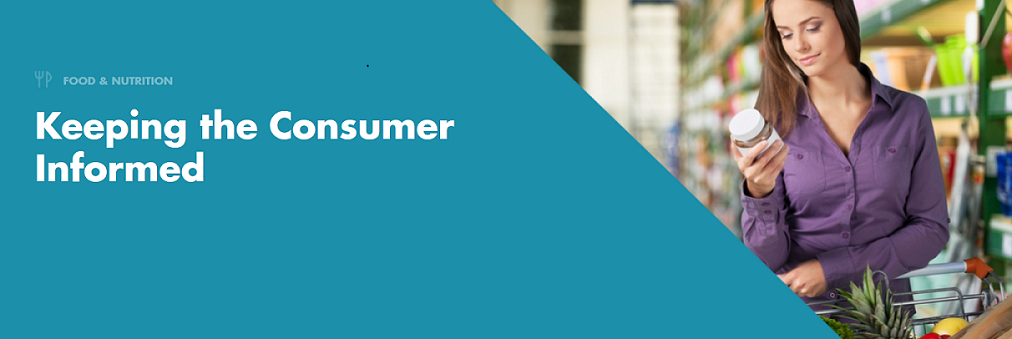Course Overview
Keeping the Consumer Informed explores the issues raised when seeking to establish effective controls on providing food information to consumers. It is often stated that consumers have a ‘right to know’ what is in their food. Consumers, however, are interested in different things based on their culture, preferences, socio-economic standing and background. Unlike much food regulation, where risk analysis can be used to determine appropriate safety controls, the amount of legally required information relating to composition and quality is more of a political or societal choice. In addition, there are many opportunities for products to be marketed with much more detailed information than the legally required minimum, but that information still needs to be accurate.
For the regulators, the issue is determining what are set as minimum requirements and what to make as voluntary additions. For industry and retailers, trying to maximise sales through marketing strategies means that labels and advertisements must give positive messages linked to perceived consumer requirements. But such messages need to be accurate and verifying their validity may have a cost to the business.
This module will introduce you to fundamental laws and regulatory agreements, including the European Union controls established by Regulation 1169/2011, including ingredients’ listing, date marking, country of origin labelling and nutrition information. Other topical issues that will be addressed include health and nutrition claims and the labelling of genetically modified foods, among others.
This module will be of particular use to anyone working in food manufacture, labelling and retail or professionals wishing to understand more generally the regulations surrounding information provided to the customer about food products. With this knowledge, you will be able to identify the information required for your labelling and contribute meaningfully to how your business communicates the composition of your products to your consumers.
Learning outcomes:
On completion of this course, participants should be able to:
- Comply with food labelling requirements
- Effectively communicate with marketing personnel on the validity and appropriateness of planned marketing campaigns
- Establish company policies for responding to consumer requests for information on products
- Appreciate the context in which food labelling and marketing rules are determined and be able to contribute to their future development
- Be aware that in different jurisdictions around the world, there are varied and different requirements
Additional course information:
The course will tackle specific topics and consider the deeper profound actions of the issue (see subtitles indicated below for examples of the implications which might be considered).Overview of consumer requirements and expectations for food information, including international legal requirements for providing food information but with a focus on the European Union Regulation 1169/2011.
Topic 1: Food Additives and E-numbers – What do consumers feel about chemicals?
Topic 2: Date marking – Does misunderstanding lead to excessive food waste?
Topic 3: Country of Origin Labelling – If it is safe, does it matter where food comes from?
Topic 4: Nutrition Labelling – Can nutrition labelling rules improve dietary outcomes?
Topic 5: Claims – A marketing gimmick or a valued consumer benefit based on sound science?
Topic 6: Genetically Modified Foods – Have GM labelling rules benefitted consumers?
Reflection and review of topics and implications for food businesses, national authority regulators and consumers.
Note that the above list indicates the likely topics but may be subject to change.
Key Facts:
| Course Dates | 23rd October 2023 |
| Type/Duration | 8 Weeks online |
| Entry Requirements | Graduate level or relevant experience |
| Cost | £1200.00 |
| CQFW Level | 7 |
| Course Provider | University of Reading |
| Provider Reference Number | FZMR11 |
| Course Arrangements
|
The course provider will confirm full joining instructions. |
| Course Location | Online, University of Reading |
| Cohort | Continued Professional Development |
| Course Logistics
|
Delivered entirely online through the University of Reading’s Virtual Learning Environment over eight weeks, it is suggested that material is reviewed every week. However, participants may vary their speed of learning to suit their requirements.
The course is available as Continued Professional Development or with the award of 10 academic credits for participants completing a postgraduate programme*. *please contact the EPTH office if you wish to complete the module for academic credit. |
| Tutors | Dr David Jukes |
Contact details:
Email address: epth@reading.ac.uk
Contact Name for Enquiries: Fiona Lee or Cathy Crips
Telephone Number: 0118 378 3312 or 0118 378 8722

